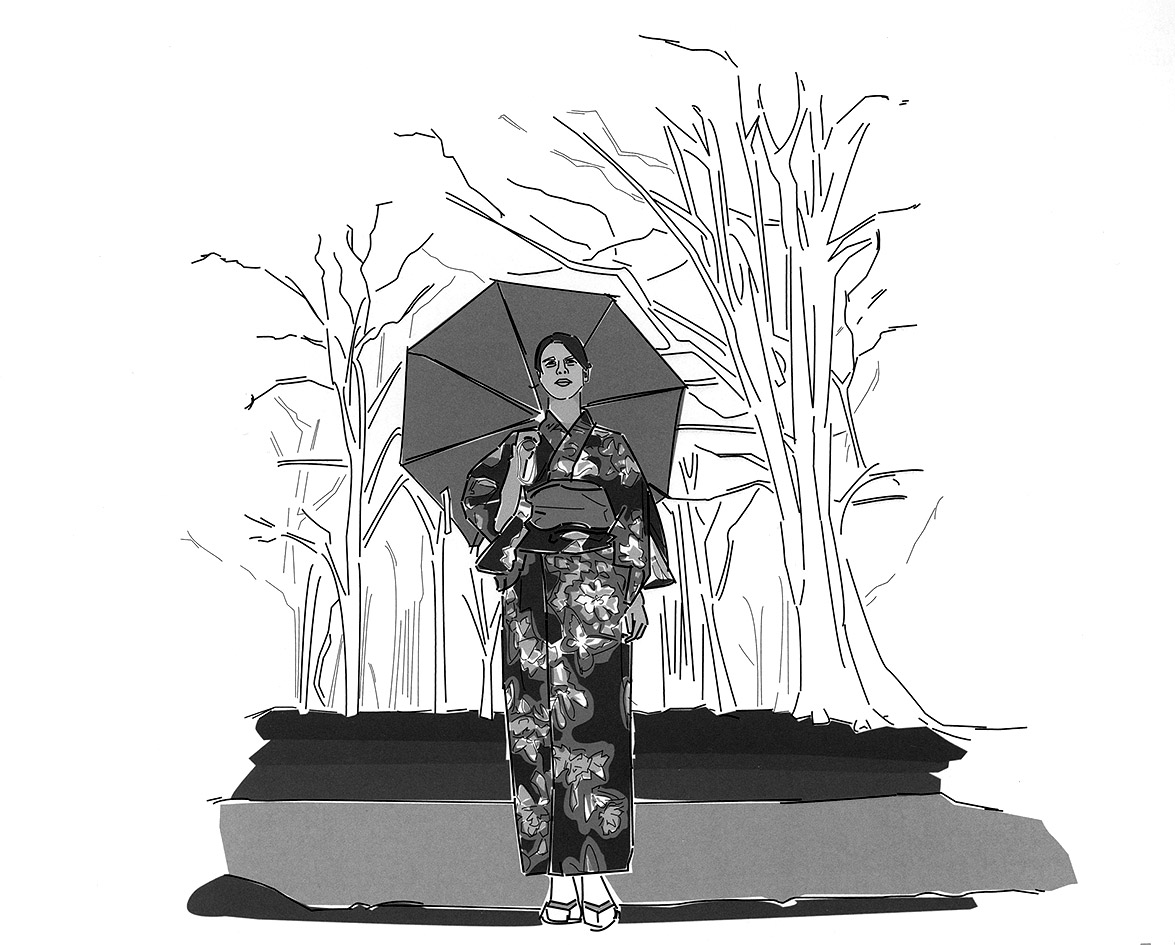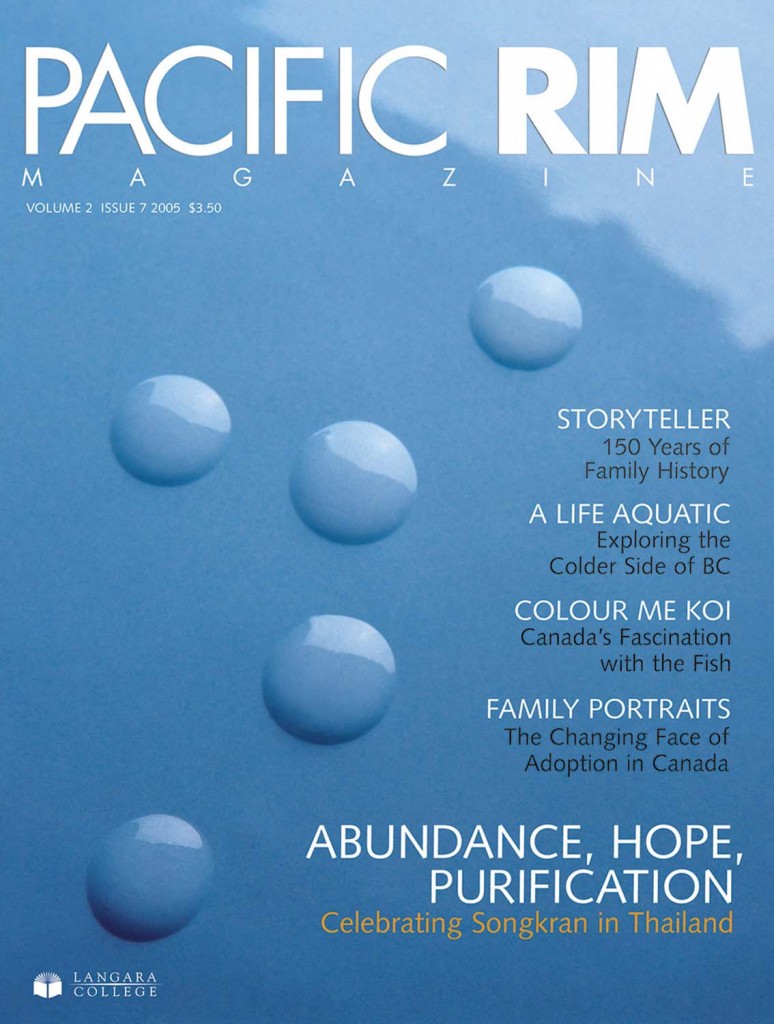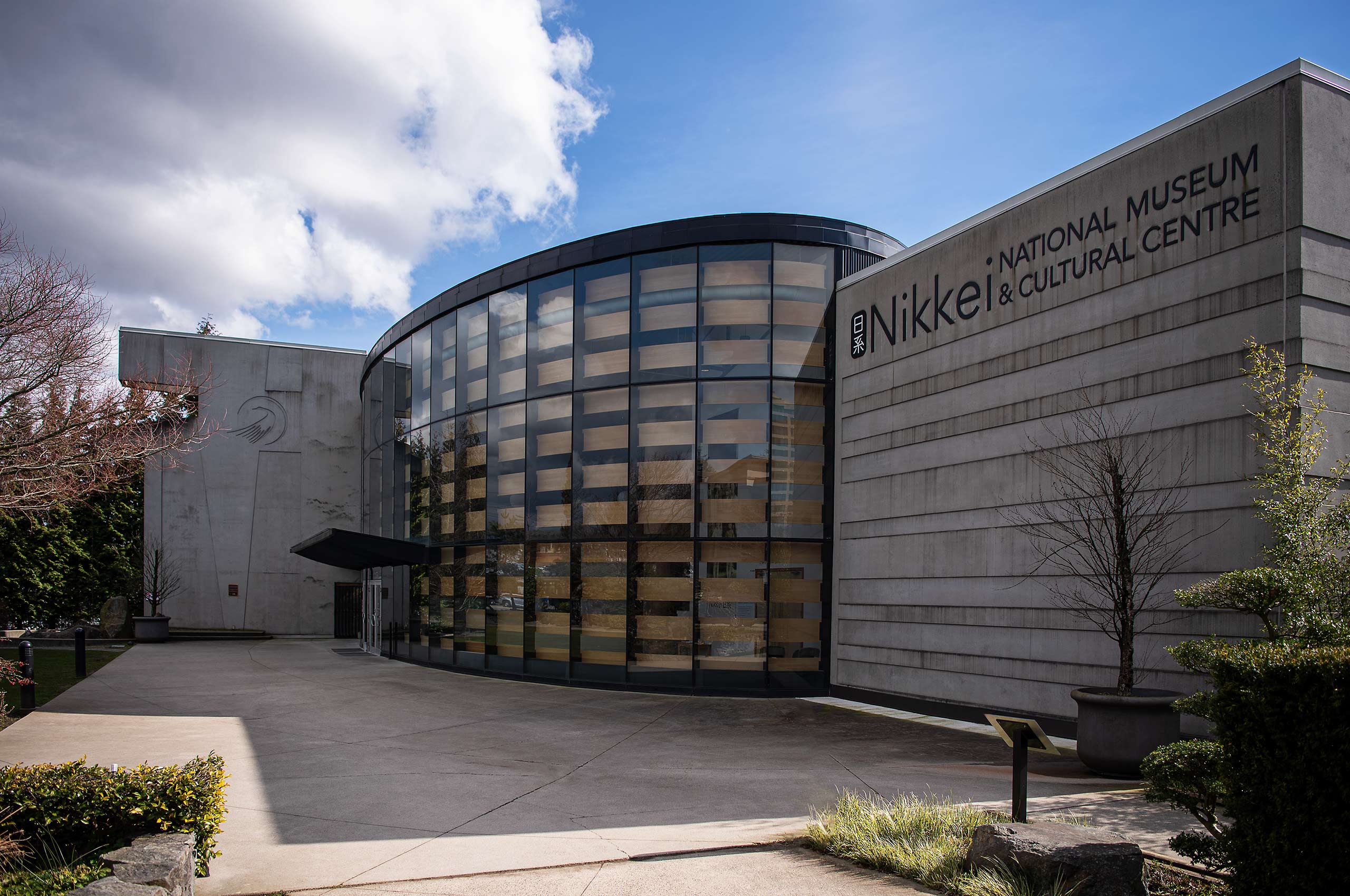It wasn’t until I bowed to the postman one afternoon that I realized how much had changed. How much I had changed. Three months after returning to Canada, the more obvious signs of my year in Japan had started to fade. My Canadian accent had returned, I could eat dairy products without getting a stomach ache, and I could drink North American juice again. Physically, I was re-adapting. Emotionally, however, I was a wreck. Bored, disorientated, lonely, and depressed, I was experiencing reverse culture shock.
Like most eager travellers, I had fervently prepared for my year abroad. I had attended seminars, read books, searched the Internet, and spent hours daydreaming. At 17, I had prepared myself to attain the biggest goal I had ever set: a year alone in Japan. It was not surprising, therefore, that I experienced little culture shock.
Adjusting To The Culture
Of course there were moments. Culture aside, the transition from a population of 5,000 to eight million was huge. Tokyo would be my new home: a sprawling metropolis of concrete platforms and towering skyscrapers. A perpetual luminescence replaced the fertile fields, grain elevators, and starry nights I had left behind.
There were moments from a culture completely unlike my own: the tiny school uniforms labelled ‘XXL’, family outings to the public naked baths, and eating raw fish. Even more daunting was a new language to learn. But this was Japan – my dream. And I had fallen in love.
While living in Japan, I was euphoric. With so many new sights, smells, and tastes, I spent little time thinking of home. Of course I missed my friends and family, but thoughts of returning to Canada only conjured up uneasy feelings, the ending to my dream. I didn’t feel the need to prepare for my return to Canada, which wasn’t a foreign country after all. I had lived there the first 17 years of my life.
Returning From A Dream
I arrived back in Canada on a terrific high. Despite crying the entire way to Japan’s Narita airport, nine hours alone on my flight had given me time to realize just how excited I was to see my country again. It had been a year since I left Canada and my family. Our only contact had been through letters, e-mails, and telephone conversations.
The initial high of my return home was short-lived. Back in Canada, I found myself growing bored. Living in a foreign country meant being in a constant state of stimulation. In Tokyo, everything was fast, new, and exciting; there was always something new to see or do. By comparison, Creston, BC, seemed slow, tedious, and dull. In retrospect, there were many things I could have busied myself with: hiking trails to explore, volunteer groups to join, and community projects to participate in. Unfortunately, I wasn’t in the state of mind to do any of those things. I missed my Japanese life terribly.
The hardest part was preparing for school. I had left for Japan at the end of Grade 11 and, despite my schooling overseas, had provincial exams to write upon my return. After a year of “hands on” and experiential learning, book learning was a struggle. I had had the experience of a lifetime. I had walked the grounds of Hiroshima, discussed philosophy with Buddhist monks in the Japanese countryside, participated in local festivals, climbed Mount Fuji, and visited rice fields. I had studied calligraphy, dance, the tea ceremony, and had learned a new language. School and exams seemed trivial by comparison.
Lonely In Your Own City
Eventually, my boredom gave way to feelings of loneliness and isolation. Now in a new class, I was without any of my old friends. As my classmates prepared for the most exciting school year of their life, I felt lost. Of course, many of them were kind, bringing me out to graduation events, inviting me home for lunch, or offering me study dates. Kind as they were, however, I was empty inside.
My feelings of boredom and isolation led to depression. My increasingly poor marks in school only confirmed my feelings of insecurity. Faced with culturally re-integrating myself, I questioned what the future held for me. I no longer had a clue.
Cultural re-integration was not only a personal challenge, but hard on my family as well. Since I was the only member of my immediate family who had lived overseas, relating to my struggle was difficult for them. To my family, Japan was still a foreign country.
I never imagined I would have to learn how to become Canadian again.
They remembered me as the 17-year-old girl they had taken to the airport one year prior. They remembered the girl who collapsed on her bedroom floor the day before leaving and refused to move, not ready to move to this foreign Japan. They remembered the girl who did not eat fish, the girl who couldn’t eat Japanese sour plums. The girl that couldn’t speak a word of Japanese. But I wasn’t that girl anymore. I was the girl I had become. The girl who now loved fish, the girl who couldn’t wait to gobble down Japanese sour plums. The girl who now chattered on in Japanese, even if nobody was listening.
My family, however, remained strong. Sensing my feelings of loss, they were patient and made great efforts: opening our home to visiting Japanese exchange students, taking me to the North American sites of Japanese history and culture, trying out new foods, and learning bits of the Japanese language.
Leaving for Japan at 17, I never imagined I would have to learn how to become Canadian again. After a year abroad, that is exactly what I had to do. This July will mark the seventh anniversary of my return to Canada. It has been a long road home, but with two eyes, two ears, two homes, and one heart to experience the world, I wouldn’t change it for anything.











